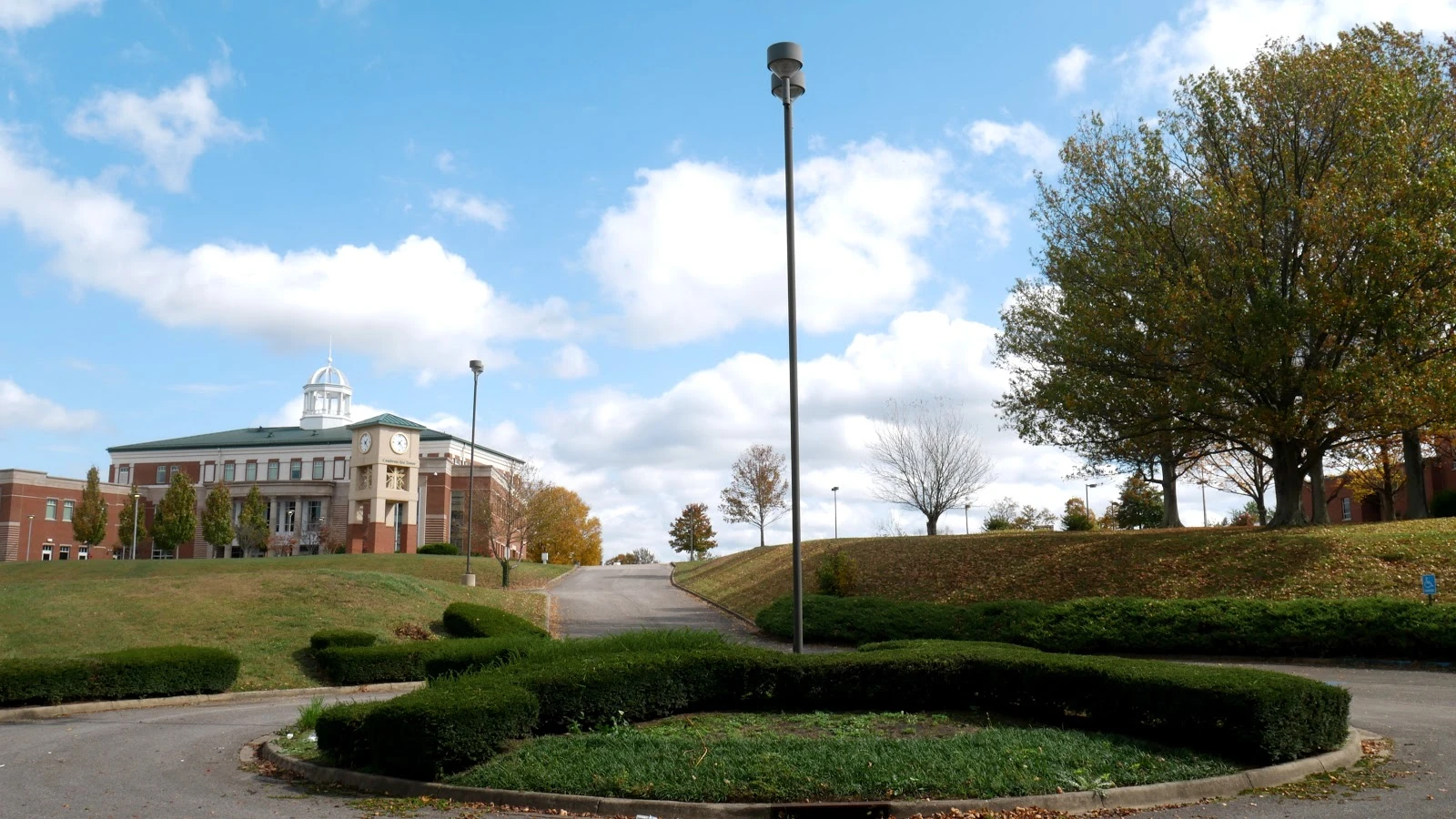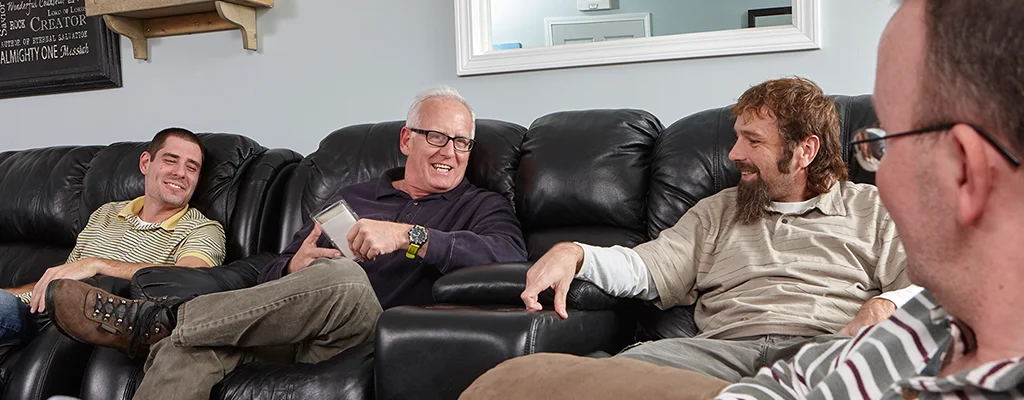Addiction Recovery Care (ARC) - River Place Information
Treatment
Who We Treat
- Male and Female
Treatment Focus
- Alcohol
- Medication-Assisted Treatment
- Twelve Step
Approaches
- Twelve Step
- Holistic
- Evidence-Based
- Individual Treatment
Substances We Treat
- Alcohol
- Benzodiazepines
- Heroin
- Opioids
- Cocaine
- Ecstasy
- Methamphetamine
- Psychedelics
Languages
- English
Aftercare
- Intensive Outpatient Program
- Aftercare Recovery Coach
- Relapse Prevention Planning
- Outpatient Treatment
- Housing Services
- Continuing Care
- Discharge Planning
- Support Meetings
- Mentoring and Peer support
Level of Care
- Outpatient
- Virtual & In-Home Care
Experience
Special Considerations
- Flexible technology policies
Accreditations
-
Commission on Accreditation of Rehabilitation Facilities (CARF)
Established in 1966, the non-profit organization known as the Commission on Accreditation of Rehabilitation Facilities (CARF) has a dedicated focus on accrediting rehabilitation organizations. CARF's primary mission is to assist service providers, particularly rehabilitation facilities, in upholding and promoting the highest standards of care.

Additional Locations
Addiction Recovery Care (ARC) - River Place Accepts The Following Insurance Plans
Find the best treatment options. Call our free and confidential helpline today!













